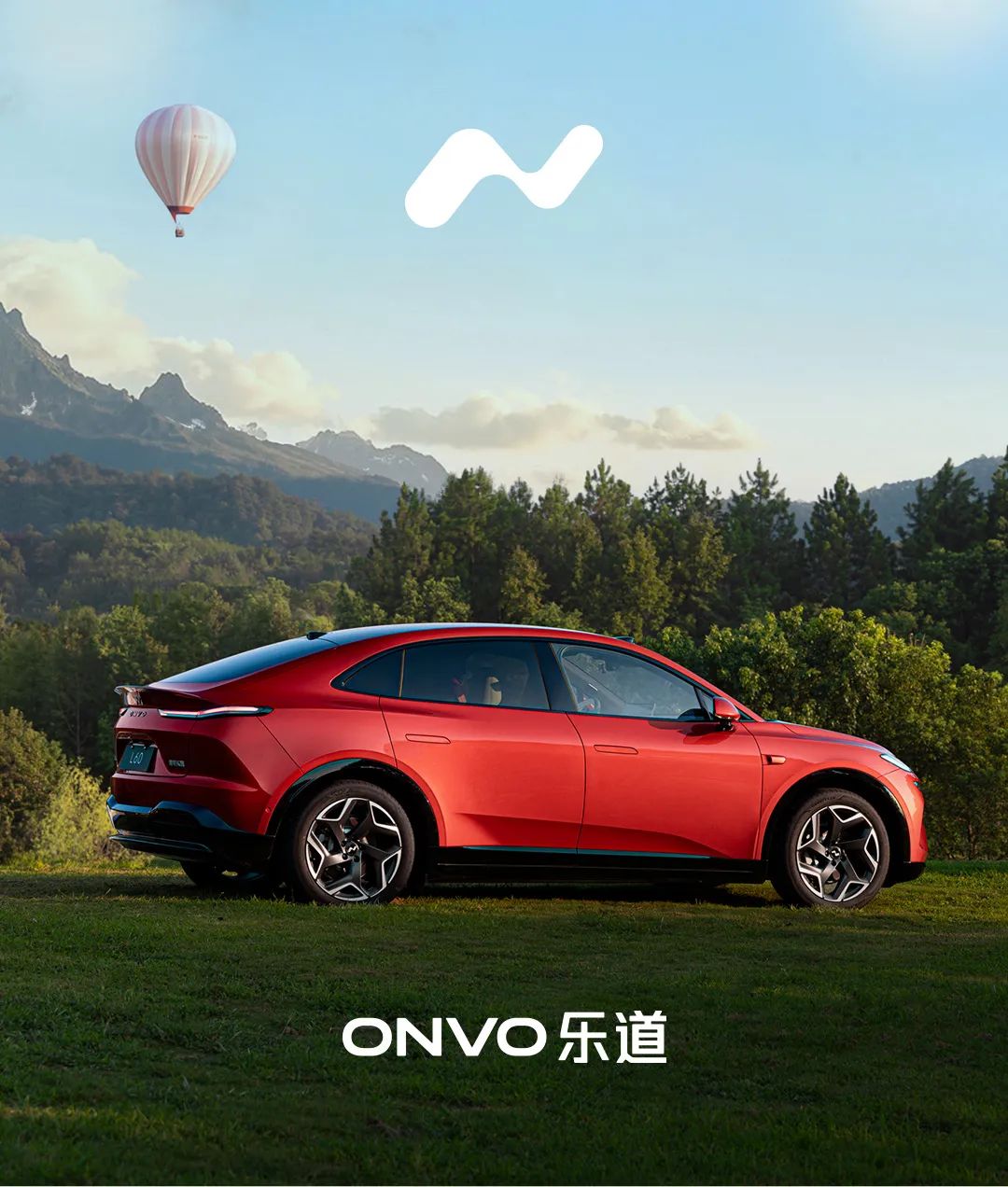NIO launched the market debut of the first model under its sub-brand ONVO, the L60, with plans to begin nationwide delivery on September 28.
Positioned as a family smart electric SUV, the ONVO L60 comes in three price range: the standard range version with a 60kWh battery is priced at 206,900 RMB; the long-range version with an 85kWh battery is priced at 235,900 RMB. Additionally, the L60 offers a Battery as a Service (BaaS) rental option, starting at an entry price of 149,900 RMB with a monthly rental fee of just 599 RMB.
"Family" is the key word for the ONVO L60. NIO's chairman and CEO, William Li, stated that while the NIO brand focuses on high-end business vehicles, ONVO is dedicated to the family car market, planning to introduce a new model each year. Next year, ONVO will launch a mid-to-large size SUV with 6-7 seats.
The ONVO L60 is recognized as a rival to Model Y, showcasing clear product advantages in safety, space, cabin, battery swap/charging, driving experience, and intelligent driving. Specifically:
The ONVO L60 features a steel-aluminum hybrid dual-cabin body, equipped with a full-domain 900V high-voltage architecture and a self-developed 900V silicon carbide electric motor, achieving a combined efficiency of up to 92.3%, with a consumption of only 12.1kWh per 100km, and a 0-100 km/h acceleration time of just 4.6 seconds for the all-wheel-drive version. Moreover, the L60 is equipped with 45 active safety and intelligent assistance features, providing safety for family travel.
In terms of intelligent driving, the L60 is the first to feature the NT.Coconut ONVO intelligent system and the OSD ONVO smart driving system, offering users five years of free use of the full-scene navigation assistance NOA.
In addition to the advantages of fast charging efficiency and overall energy consumption, the L60's in-car entertainment chip features a high-performance Snapdragon 8295, coupled with a 17.2-inch 3K high-definition screen, which also excels in entertainment functions.
Based on its standout product advantages, the L60 is expected to become a sales driver for NIO. William Li revealed that after the L60's launch, orders have been booming, with sales targets set at: 5,000 units for October, 10,000 units for November, 16,000 units for January of the following year, and 20,000 units by March.
The potential expected sales will also safeguard the profit targets. Competing with the Model Y, the ONVO L60 has a more advantageous price, with the standard range version priced at 206,900 RMB, which is 43,000 RMB cheaper than the Model Y, yet still offers a gross margin. William Li stated that a monthly sales volume of 20,000 units for the L60 would achieve good profitability.
Furthermore, William Li also stated that the L60's competition is not limited to pure electric vehicles; any mid-size SUV in the price range of 150,000 to 250,000 RMB, whether it's a gasoline vehicle, an extended-range vehicle, or a hybrid model, the L60 will be a strong competitor. It is reported that the potential customers for the L60 are mainly families with one or two children, and the target vehicles considered by these consumers include the Model Y, XPeng G6, BYD Song, and Zero Run C16, among other mid-to-large size SUVs known for their spacious interiors.
In terms of battery swapping solutions, since the ONVO L60 adopts the BaaS battery rental service, the cost of battery swapping is economical and affordable. "More than 60% of the current orders are considering ONVO due to the battery swapping feature," according to ONVO's President, Aaron Ai. Based on the company's research, the monthly fuel cost for family users of gasoline cars is between 810 to 850 RMB, while ONVO's BaaS battery rental plan starts at 599 RMB, which is roughly equivalent to the cost of filling up a 60L fuel tank with 92-octane gasoline 1-2 times. "Even with the added costs of swapping and charging, it's still more cost-effective than gasoline cars."
Aaron Ai revealed that ONVO has reached 304 battery swap stations, with the number expected to exceed 1,000 by the end of the year, covering 120 cities across the country. Additionally, according to NIO's "Charging County by County" plan, by the end of 2025, NIO aims to complete the construction of a battery swap service network in 27 provincial-level administrative regions, covering over 2,300 county-level administrative areas. This will bring a convenient travel experience to more families.







